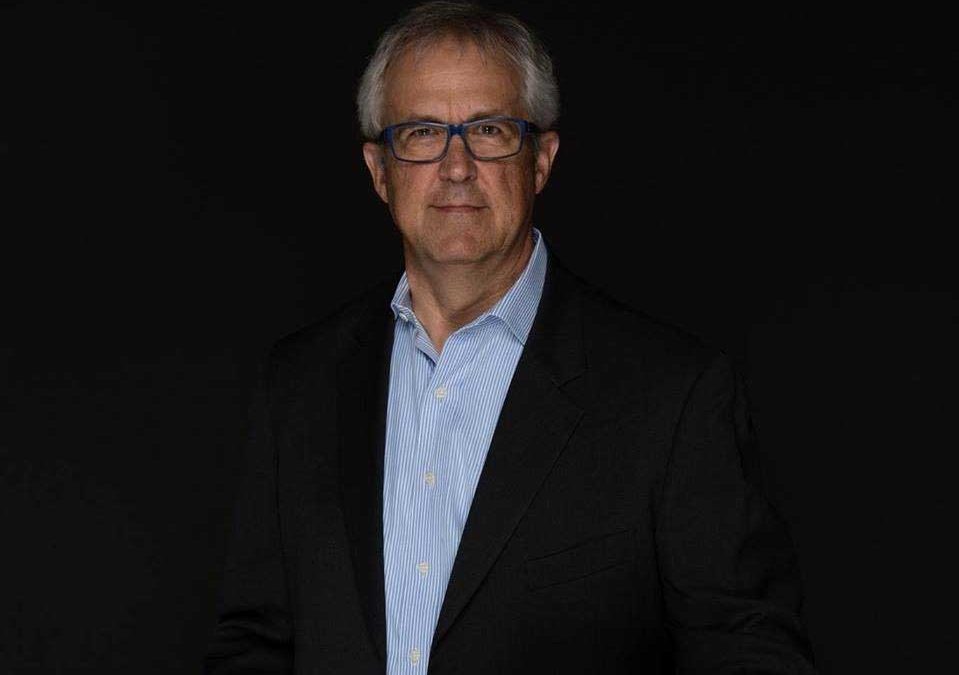Yesterday you read about making sure your message isn’t based on discovery questions alone. How, then, do you deliver a message that differentiates you from your competition? It’s true you need to gather basic information about your prospect and make sure your message at least makes them aware you can address what they believe are their requirements. But to differentiate yourself you must help them understand something about their current situation that they haven’t thought of. Perhaps there is a universal approach to addressing a common problem prevalent in their industry that your experience and expertise shows have flaws. Or perhaps you know that companies like your prospect typically underestimate the potential effect of a specific challenge in their industry.
Here is an example:
Everyone is talking about improving their people’s productivity while reducing costs. A common refrain. They have a belief that investing in collaboration tools is a key component to achieving this goal. The mistake that companies make is thinking that technology alone will handle the problem, and they underestimate all the aspects of such an endeavor. As a result, different business units get frustrated with the slow pace and often take their own approach, creating a bunch of siloed solutions that actually hamper collaboration instead of enhancing it. Rather than taking a ”boil the ocean” approach, businesses need to stop thinking about such a transformation as being a big, complex global solution and instead think about it as a managed, gradual transition. Doing so creates an atmosphere of trust and drives adoption.
Whether you agree with the above scenario is not the point of this post. Rather the goal is to underscore the need to bring insights to your prospect thus helping them see a better way than what is typically the standard approach. When you do this, focusing on helping your prospect gain greater understanding of a new way to approach their challenge, you demonstrate your uniqueness and at the same time show them the urgency of changing from what they are doing today to a new way.
To learn more, contact us, or call (414) 375-0253


